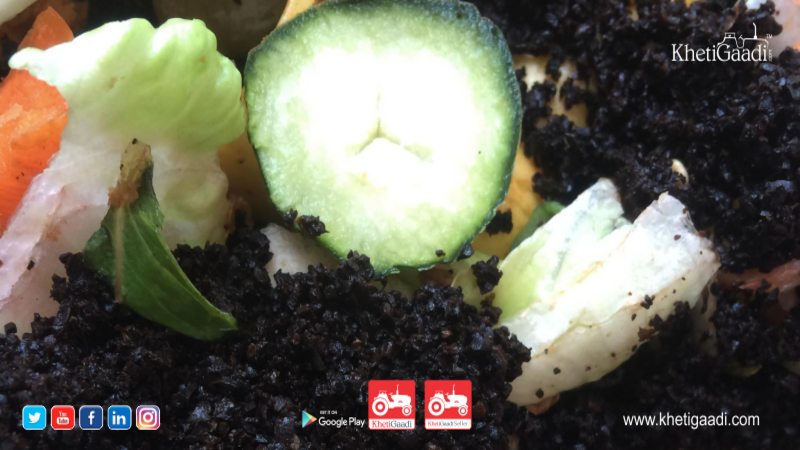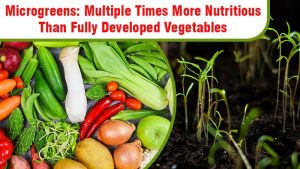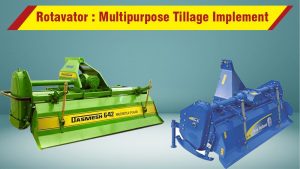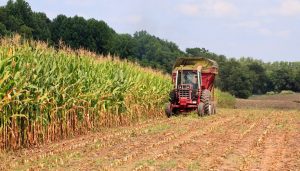THOUGH some gardeners may be blessed with perfect soil, most of us garden in soil that is less than perfect. If your soil has too much clay in it, is too sandy, too stony or too acidic, don’t despair. Turning a poor soil into a plant-friendly soil is not difficult to do, once you understand the components of a healthy soil.
The soil is composed of weathered rock and organic matter, water and air. But the hidden “magic” in a healthy soil is the organisms & small animals, worms, insects, and microbes that flourish when the other soil elements are in balance. If you want to grow food successfully in containers, nurturing soil life can make a huge difference. Worm compost, for example, is full of microbes and life. Add it to your containers and you will get more vigorous growth, and far fewer pest and disease problems. Discovering this, was the biggest turning point in my growing (more important, even, than self-watering containers), transforming sporadic successes into something more consistent.
Why do you need to add life to containers?
Most commercial composts that we buy are sterilized and low in microbial life. So is municipal compost (it has to be made at hot temperatures to kill pathogens, killing much of the beneficial life, too). So if you want life in your containers – and to mimic soil in the natural world – you need to add it.
How can you add healthy soil life to your containers?
There are several different ways you can add life to containers. There’s also things you can do to support and nurture life in containers once you’ve got it – and I’ll share these with you in a future post.
How Compost Helps Your Soil :
- Nutrients are released at the rate your plants need them. In early spring, as your plants are slowly starting their growth, the microorganisms in compost are slowly releasing nutrients. As the weather warms up and your plants begin rapid growth, the microorganisms also work faster, releasing more food for your plants. Isn’t nature wonderful?
- Increases the water-holding capacity of the soil. Compost can hold an amount of water equal to 200 percent of its dry weight, compared to 20 percent for a low-humus soil.
- Acts as an inoculant to your soil, adding microorganisms and larger creatures such as earthworms and insects, which are nature’s soil builders. The compost environment is teeming with life, and all soils can benefit from such a rejuvenation.
- Neutralizes various soil toxins and metals, such as cadmium and lead, by bonding with them so they can’t be taken up by plants.
- Acts as a pH buffer so plants are less dependent on a specific soil pH. The earthworms in the compost help in this process, because in passing organic matter through their bodies they modify the pH of the soil. And you can lower the pH of your soil by adding compost made from acidic raw materials, such as oak or beech leaves, sawdust, and pine needles.
For reading more agriculture-related blogs and updates, keep visiting our khetigaadi.com and download Khetigaadi App. It gives you latest updates in tractors and agriculture mechanism.
Visit our page for more information about Tractor, Agricultural implements, Tractor Price, Tractor Videos, and Tractor Games.
Other Related Articles:



